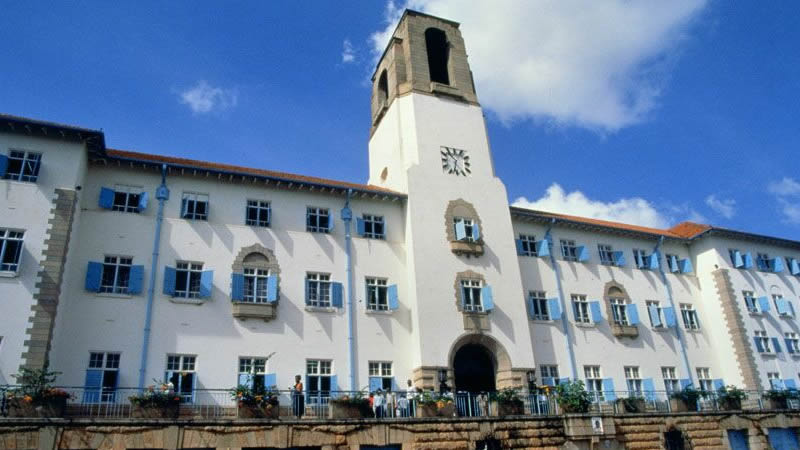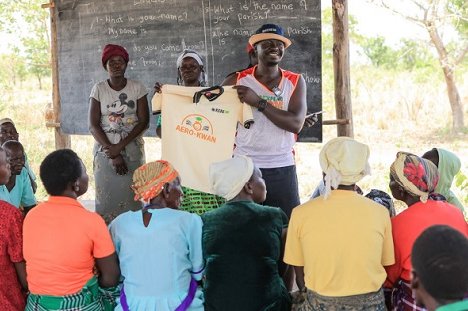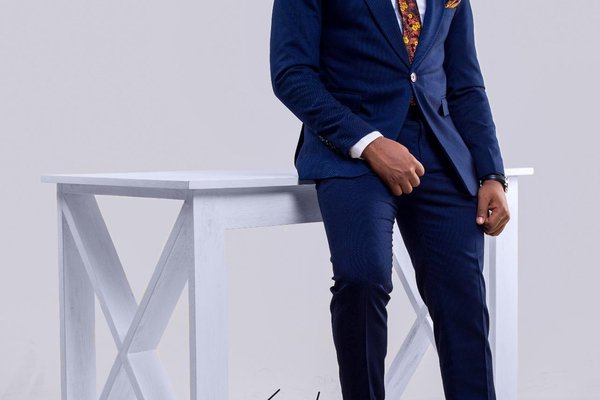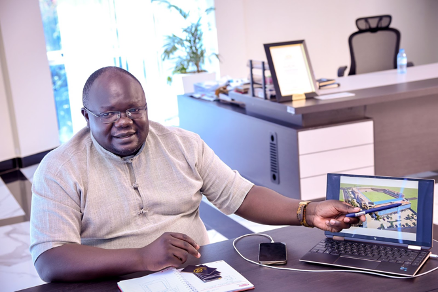By Trevor Mathias Ssegawa
Dr. Donald Rukare has served as President Uganda Olympic Committee, Chairperson National Council of Sports, President Uganda Swimming Federation, and Vice President Africa Swimming Federation. He is currently serving as the Executive Vice President of the Commonwealth Games Federation. On top of being a sports administrator, he is also an advocate of the High Court and all subordinate courts with a specialty in Sports law. Dr. Rukare is also a lecturer of Sports Law at Uganda Christian University where the subject is taught.
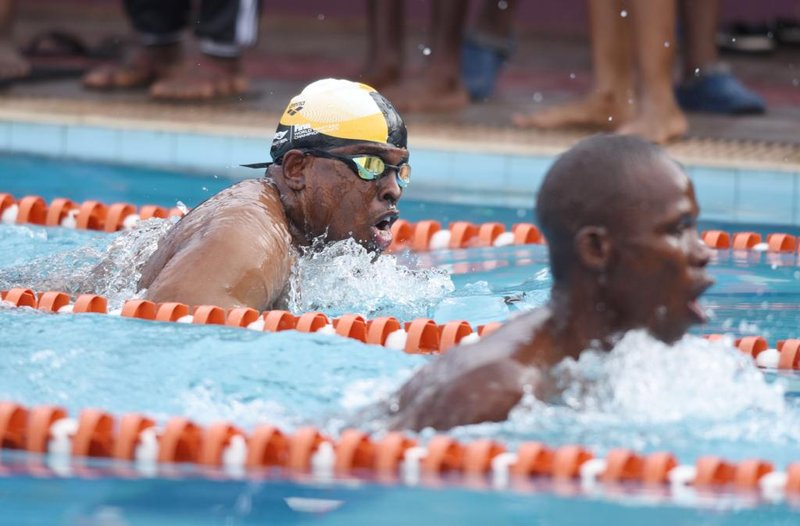
He talks about his experiences at Makerere University, his career in sports administration, growing up on the Makerere campus, participating in various sports, and the challenges of balancing academics with athletics.
Q: Please share with us your fond memories of your time at Makerere University.
A: Thank you for this initiative. I am a typical Makerere product; I grew up in Makerere from 1970 to 1992. Some of my fond memories are of playing and making friends within the Makerere community, with neighbours like the Mugambis and the Wangusas. As young kids, we played, went to school, and did sports together. Makerere was almost like a gated community, especially during Idi Amin’s time. Despite the country’s political and economic challenges, it was a safe zone for us. Facilities like the swimming pool, basketball courts, tennis courts, and badminton courts were central to our social activities. We were introduced to many sports at a very young age.
Q: What was sports like at Makerere University by then?
A: All was good. Even before joining Makerere as students, we had access to the facilities as children of lecturers. We swam and trained with students, which helped us improve. I remember swimming against Makerere students while still in primary and secondary school. By the time I joined Makerere in 1989, I was already well-known as an athlete. I gravitated towards swimming, squash, and basketball. When I joined the university, I quickly joined the swimming, basketball, and squash teams of Livingstone Hall. We won the Inter-hall swimming tournament three times in a row with our gallant ladies from Afrostone (Africa). The level of sports at the university has somewhat declined since then. During our time, inter-hall competitions were major events. The swimming pool and main pitch would be at full capacity during these events, but the enthusiasm has decreased, possibly due to the rise of hostels.
Q: What do you reckon to be your saddest moments while you were a sportsman at Makerere University?
A: One of my saddest moments was during a strike under President Nobert Mao, then Guild President, in 1991. It left two students dead and the university closed for a few weeks. I was selected to go for the International University Games in Manchester, but I couldn't go because of exams. I had to choose between going for the games and facing a dead year. I painfully chose to do my exams and not go.
Q: Were you able to participate in any international games away from that experience?
A: No, we didn't participate in any other international games at that time. Issues of governance, both at the university and in the wider sports governance ecosystem, limited our opportunities.
Q: You have shared your lowest point in your university sports career. What was your highest?
A: My highest point was as a fresher, swimming for Livingstone Hall and being the first person to swim under one minute in the 100 meters race. I defeated my good friend Daudi Mugambya from Mitchell Hall, who was an outstanding star. It was a significant highlight of my swimming career. Also, being the swimming captain for Livingstone Hall and winning the swimming events for three years in a row was quite moving.
Q: What were the leadership structures in sports like at that time?
A: We had games tutors like Professor Ella Mugisha and Madam Peninah [Kabenge], who is now the Head of the Sports Department. I was involved in sports leadership as the captain for the swimming and squash teams at both hall and university levels. I was an active member in all sports events at the university.
Q: You have mentioned many sports disciplines you were involved in. How did you balance those activities with your academic pursuits?
A: Sports teach principles like discipline, training, and time management. From a young age, I balanced school and sports. That discipline continued through university. I was studying law, which required full-time commitment, but I managed my time effectively. Even now, I balance multiple responsibilities. While at Makerere, I would do road work, swim, attend classes, go to the gym, and swim again in the evening, and then study in the library at night. People who do sports can excel academically if they manage their time well.
Q: So fast forward, you get into sports administration. Take us through that journey.
A: Very interesting question. The basic notion is that we got into sports leadership early on. I began my managerial career at Makerere as the team captain for swimming for Livingstone and then the university. This was some kind of apprenticeship in many ways. Later, while at the university, we tried to understand how the National Swimming Association worked with Madam Maggie Kigozi as the patron. Some colleagues and I, especially the late Jerry Dralega and the late Paddy Lutalo, tried to overthrow her through a coup, but we failed. Dr. Maggie is actually a good friend of mine now. We then tried to form the Kampala Swimming and Amateur Association, but to no avail, so we kind of switched off. In 2003, I got a call asking me to go to the National Council of Sports because there was a meeting. I went to Lugogo and found an assembly. The people there told me that since I was a lawyer and former swimmer, they wanted me to lead them with Peter Mugisha. That's how I joined sports administration. It has now been a 19-year journey, and we have transformed the swimming federation from one or two clubs to forty-five clubs. I then joined the Olympic Committee in 2009 and later Africa Aquatics and World Aquatics (formerly FINA) in 2017. It has been an interesting journey.
Q: From your experience, what qualities of effective leadership do you think are best for sports administration, and how do you apply them in your work?
A: Having integrity, being a person of your word, timekeeping, teamwork, knowing when to ask hard questions, and working in a collaborative way. In sports administration, we were all volunteers, which is different from an office setting where people are paid. You need different skills to keep the team together and motivated.
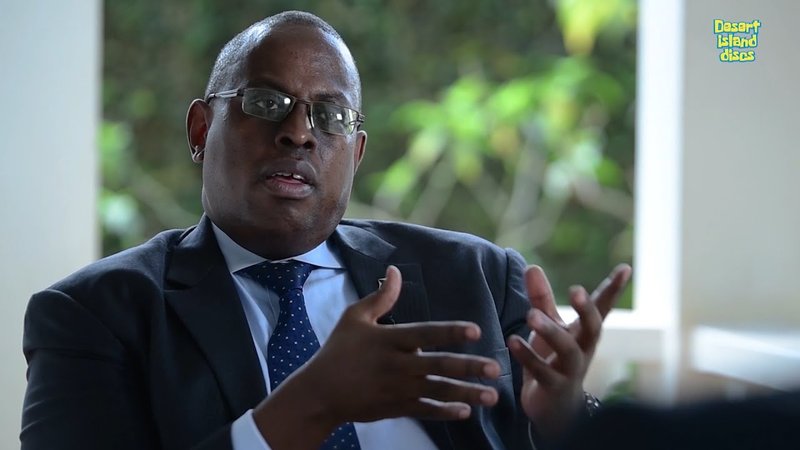
Donald Rukare appearing on the Capital FM's premier talk show, Desert Island Discs.
Q: Given your experience in sports administration, what do you think are the most pressing challenges on the Ugandan sports scene, and how can they be addressed?
A: There are numerous challenges at different levels. Administration issues include the need for federations to build capacity to understand how systems work. Limited resources from the government mean most federations struggle. There's also a delicate balance between voluntarism and the need to run federations professionally. The issue of popularity versus competence is significant—just because someone was a former athlete doesn't mean they are the best manager. Finding the right skill set and competence to run federations is crucial.
Q: Why would you encourage young people at the university now to participate in sports and make a career out of it?
A: I strongly encourage it because sports teach life skills like discipline, time management, teamwork, and friendship. Sports provide rigour and introduce you to a wide network. The recognition and social networking are immense. Sports can also offer career opportunities, like providing legal advisory services in sports. It’s possible to make a career out of sports, whether as a lawyer, administrator, or manager, while benefiting from the values and discipline it instills.
Q: What legacy are you most proud of leaving behind?
A: This question should be asked to the wider public, but I would like to believe my legacy is of someone who gave his best, worked with integrity, and contributed to sports development. It's always a team effort. Whether at the Olympic Committee, National Council of Sports, Africa Aquatics, World Aquatics, or the Commonwealth Games, I hope to be remembered as someone who acted with integrity and purpose. We, as sports administrators, should never do anything that hinders an athlete from reaching their full potential, whether ensuring their entry forms go in on time, they have their kit, or they receive their allowances. It's unacceptable for an administrator to take what belongs to an athlete. I hope my contribution to drafting sports laws and other aspects positively impacts sports development in Uganda.
Related News
![]() Please join hands with the Makerere University Endowment Fund as it works towards attracting & retaining the best faculty, providing scholarships, and investing in cutting-edge research and technology.
Please join hands with the Makerere University Endowment Fund as it works towards attracting & retaining the best faculty, providing scholarships, and investing in cutting-edge research and technology.
